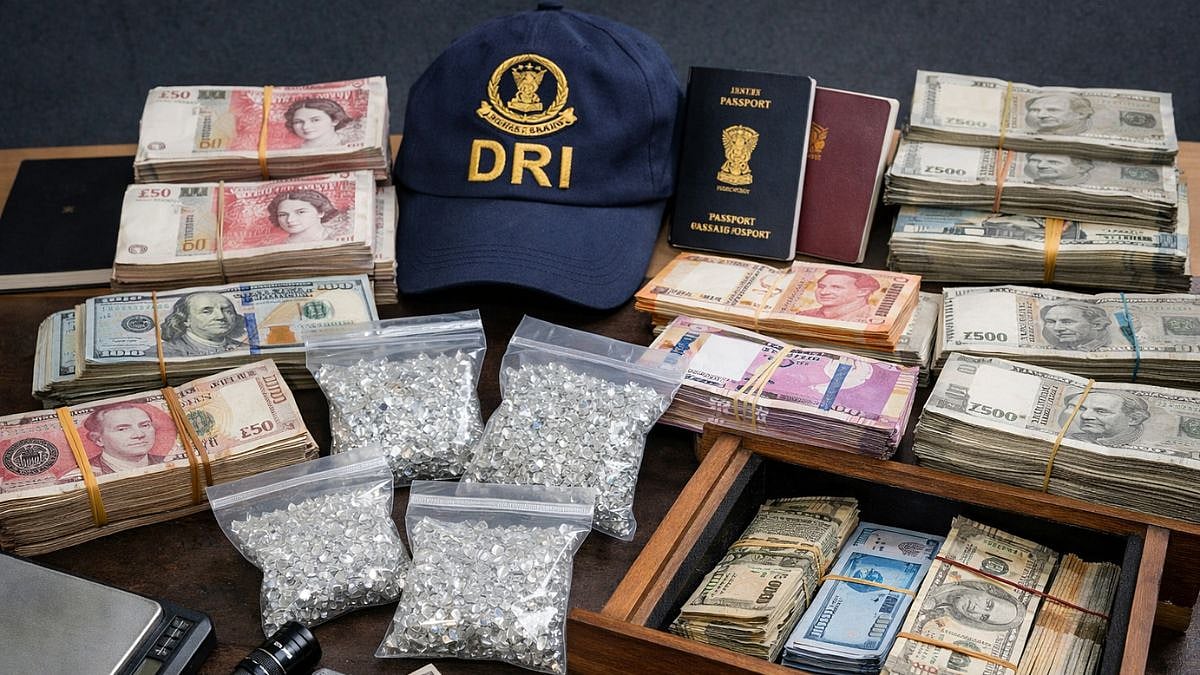Remember Farmville from the late 2000s? You ‘grew’ crops and earned stuff that you could buy things with. And then there were things that you could buy only with actual cash – known as in-game purchases. To many gamers these are now mundane things – you can either give in and buy them with hard cash or find ways to ‘hack’ the system. To finance people like me, these were some of the earliest non-fungible assets. When such assets are registered on a blockchain, they become non-fungible tokens (NFTs), which are all the rage today.
What are NFTs, what is their legal status, and most importantly, should you invest in them at all?
‘Fungible’ is a term used by economists for a thing (or person) that can be replaced at the same value. Coins of one rupee are fungible – they have exactly the same value (one rupee), irrespective of the year they were minted in. Only when they are taken out of circulation does their value change, because they then either become scrap (valued at the current price of the metal), or they become collector’s items. In the latter case, their price is determined by historical value and other factors.
Most objects of daily use are fungible – from bars of soap to cans of cooking oil (of the same batch). It should make no difference if one bar of soap was replaced by another of the same brand.
Workers can also be fungible in the same sense – for example, the driver of your municipal bus. You may catch the 8.10 everyday without knowing the name of your bus driver ever (though it helps to make an effort). It should make no difference to your commute. It’s often jobs like these that are at risk from Artificial Intelligence (AI), but let’s cover that some other day.
A non-fungible object (NFO) is one that cannot be replaced. It may be a physical item, like a painting or a sculpture, which is not mass-manufactured. The Mona Lisa or the Statue of Liberty are examples. A one-rupee coin that your father gave you on your twelfth birthday – is non-fungible. Nothing else has the same history. Other things, like a song or a novel like War and Peace, exist only in the abstract, even though they may have thousands of fungible copies. Performances of a play or a concert are also non-fungible, though you can make many copies of them through videotapes or CDs or digital files.
In the digital sphere, things may still not exist, but be non-fungible, like your video game avatar or a meme. Technically, every single photo of your vacation, good or bad, can be an NFO.
Non-Fungible Objects can be traded easily
NFOs can be traded easily – that’s the whole basis of the art market. When you buy a sculpture or painting from an artist, you have the assurance that there will be nothing like it, which creates its value. You must remember that it is separate legally from copyright. Say, you buy the hand-written manuscript of Shakespeare’s Hamlet. That is irreplaceable. But as Hamlet itself is not under copyright, anyone can print the play.
A non-fungible token is an entry in a digital ledger, to which an NFO, like an e-book or a song is attached. By being on a blockchain, an NFT is supposed to be more secure than an NFO, because records cannot be fudged. It then makes the trade in digital NFOs possible. Earlier, creators of digital art or literature struggled to establish the authenticity of their work, since digital files are easily copied. An NFT allows them to lay claim to ownership of their work and monetize it.
Ever since the creation of the first NFT – an animated artwork called Quantum – on May 2, 2014 by Kevin McCoy and Anil Dash, there has been growing interest in NFTs. That the NFT is the first-ever NFT makes it even more non-fungible, and thus even more valuable. When it was sold in 2021 in an auction by Sotheby’s, it went for the price of $1.4 million.
Are NFTs legal?
Though NFTs constitute a form of intellectual property (IP), they are not covered under the IP laws of many countries. This makes their ownership a little shaky, especially against digital theft or vandalism.
NFO owners have little recourse to the law if their ‘property’ gets stolen. For example, if someone hacked your gaming account and ‘stole’ your in-game purchases, you will have a colorful time explaining to the police. The game environment is not a legal territory, the goods bought in it are not anything retrievable under the law. Storing them on blockchain offers a level of security, but not watertight.
NFTs are also traded in cryptocurrencies – which are not legal tender in any country except Ecuador (not counting war-related used of cryptocurrencies in Afghanistan and Russia). You are paying real money to buy cryptocurrency to buy NFTs. Apart from volatility in NFT prices, they are also subject to cryptocurrency fluctuations, some of which have been wild.
NFTs also have the issue of being ephemeral. They can disappear suddenly, along with their creator and your investor. The Evolved Apes NFT scam of September 2021 is still too fresh to forget. The seller wanted to create a game about battling apes, by selling 10,000 NFTs based on characters in the game. They auctioned them off a website on September 24 and raised $2.7 million in investments. A week later, the website was down and the seller had vanished, leaving dozens of investors with worthless NFTs.
There is also the problem of copyright – you may buy an artist’s NFT, but that doesn’t give you the copyright over the underlying work. Which means they can go on making copies of their work and profit from it, while you are saddled with one NFT. They can also monetize the identical work under a different NFT – for digital works are easy to recreate.
Question of taxes
With millions being spent on NFTs (the most expensive selling for over $91 million so far), governments are going to want a share in taxes. Which has left many of them grappling with whether to make NFTs and cryptocurrencies legal investments. Different governments have taken different point of views; so we may say that the law is not settled on this.
Should you invest in NFTs?
With all these concerns, should you invest in NFTs? Before investing in NFTs, do look at the art and science of investing in non-fungible goods that can be touched, such as art or antiquities. Like investments in any real world non-fungible goods, NFT investments are based on their future value. You may own the NFT of a song that may go onto become (or became) a huge hit, potentially making millions for you. You may also end up with a dud.
When American football legend Tom Brady retired, the last ball he handled was auctioned for $518,628. The next day, Brady announced his return to actively playing football – making the ‘last ball’ worthless. The risks of investing in NFTs are the same as those in the field of art or antiquities.
NFTs are here to stay
Like them or laugh at them, NFTs are here to stay. In medieval times, people who invested in land and solid gold laughed at those who invested in shares of companies. As technology evolves, new kinds of ‘property’ will evolve, and new rules and norms of trading in them. Old timers might laugh at them, and if they are risk-averse, should stick to shares and debt.
As a younger investor, if you have the risk appetite for them, go ahead. Just make sure that you maintain your caution, keep your calm during rising or falling market trends, and follow the rules of investing sanely.
(Sanjay Dangi is Director, Authum Investment and Infrastructure Ltd., & Financial investor. He is an author, and a professional with a CS, CA degrees)




